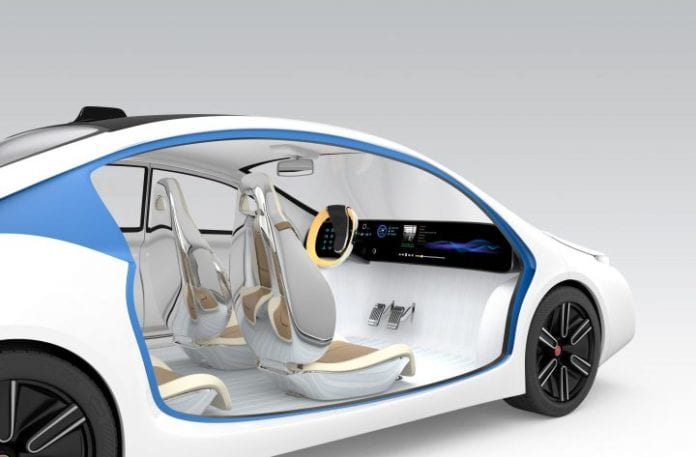The digital transformation of industry will be more dramatic than transformation of the consumer retail and media markets, reckons General Electric.
“We have seen how retail has been remade, how media has been remade, how telecoms has been remade. The winners and losers in those industries have changed over time. What hasn’t changed is industry,” said William Ruh, chief digital officer at General Electric and chief executive at GE Digital, in a keynote at Internet of Things World Europe in London this week.
“The process of remaking the industrial space through digital has just started; we are where we were with retail in 1997, when retailers couldn’t yet see the scope of the transformation. But the impact will be the same, if not more profound and impactful on our lives.”
Ruh predicted the “first sector to fall” to industrial transformation will be the automotive sector, already impacted by in-vehicle software for remote engine diagnostics and ‘infotainment’ services, and mindful of the rise of new taxi-service and ride-sharing models in the mobility market at large.
“The automotive market has not changed much in the last 100 years, except for mergers and acquisitions. In the future, in the context of autonomous cars, those automotive brands that provide the best software will be the ones that win,” said Ruh.
He added: “The business model will change. Will people continue to buy cars, or will ride-sharing become the way? That’s why automotive companies are interested and worried. Do we need so many cars to be made? There will be foundational change, and it will be the same in every industrial sector.”
Ruh cited figures from the World Economic Forum, from back in 2016, that the digital transformation of industry will have a $6.8 trillion economic stimulus. “That is a tremendous economic impact, and could eclipse what we have seen on the consumer internet side,” he said.
Industrial transformation will start with asset performance, which will create $700 billion of value on its own, according to the same World Economic Forum report. “Just the first phase – just the connection of machines – is going to be considerable. The whole of the industrial space will go through this, and we will see all business models change, and the winners and losers will change as well.”
He suggested the “idea of connected machines”, of monitoring asset performance from afar, had been made real in just five per cent of industrial enterprises five years ago; the figure is now close to 50 per cent, he said, and will climb to 75 per cent within a “few years.”
Ruh warned cultural change is required, as humans accept the superior compute intelligence of machines in work settings. “For the last 100 years, a person has always told a machine what to do. Now, the machine is starting to tell people what to do, and that is uncomfortable for a lot of people,” he explained.
“What we see is workers will ignore the recommendation if they don’t agree with it, or if it goes against their own experience, even if it comes out of the best machine learning and artificial intelligence in world.”
Ruh said advanced analytics techniques, badged as machine learning and artificial intelligence, have been impeded to an extent by resistance at operational level. “A cultural shift has to happen,” he said.
At management level, however, the industrial transformation is imperative. Early results have started to make clear the value of process automation and anticipation.
“The economic impact is a foregone conclusion. This will fundamentally shift the entire industrial space. This is beginning to move very quickly. The c-suite inside all industrial firms is making this move… to innovate around new business models. This is the biggest opportunity in the next decade.”

